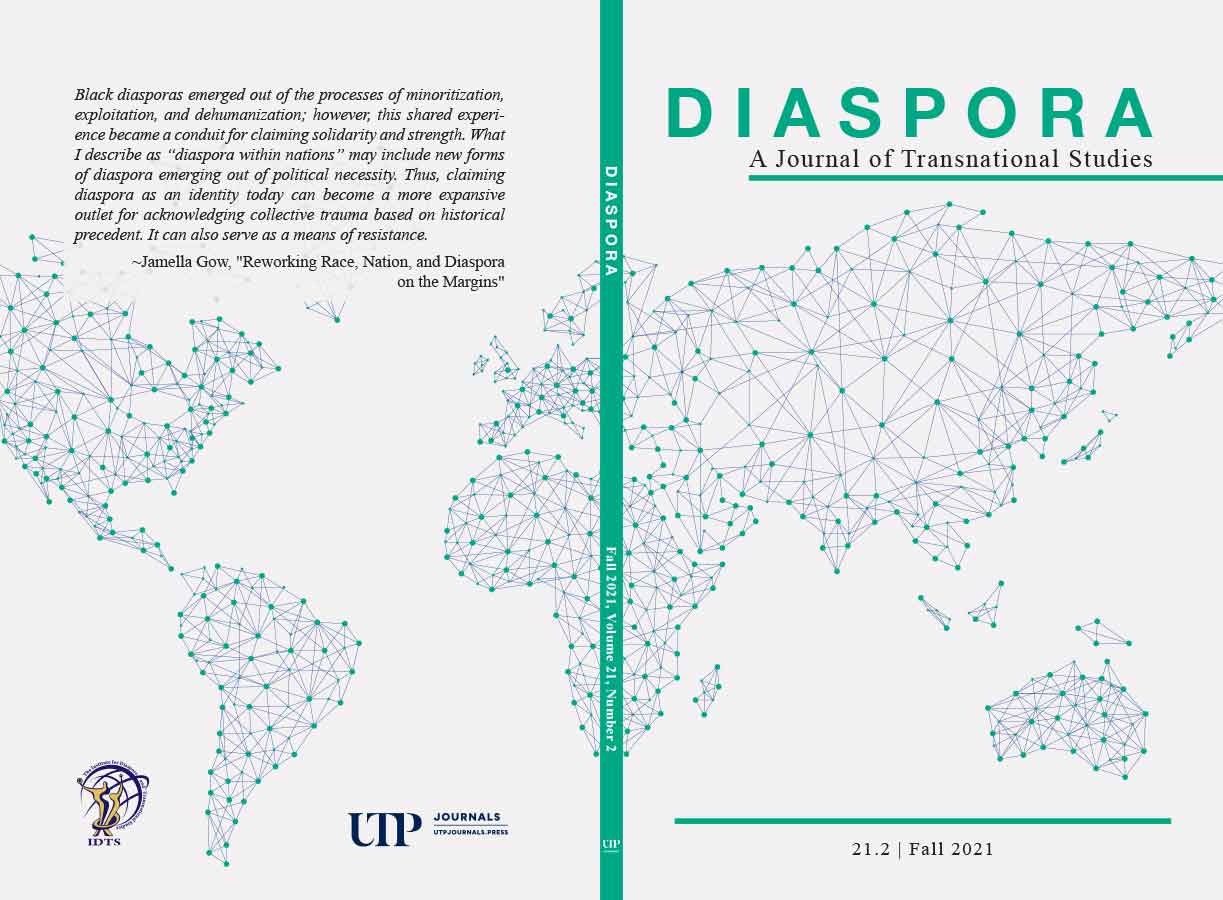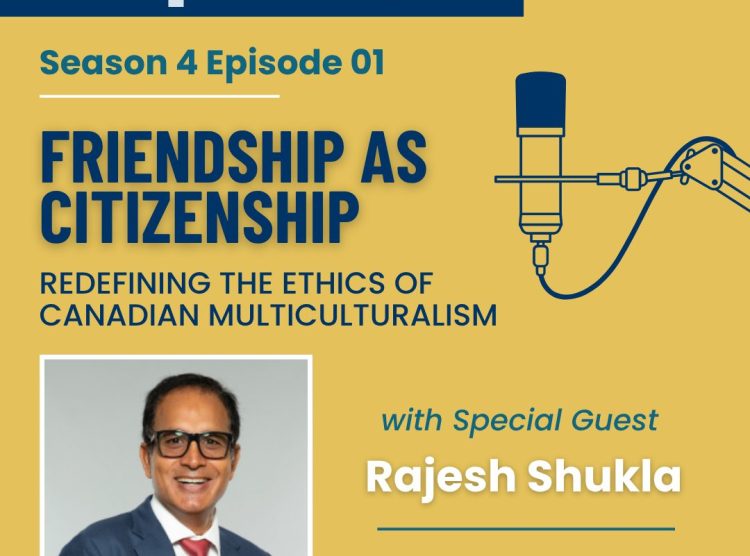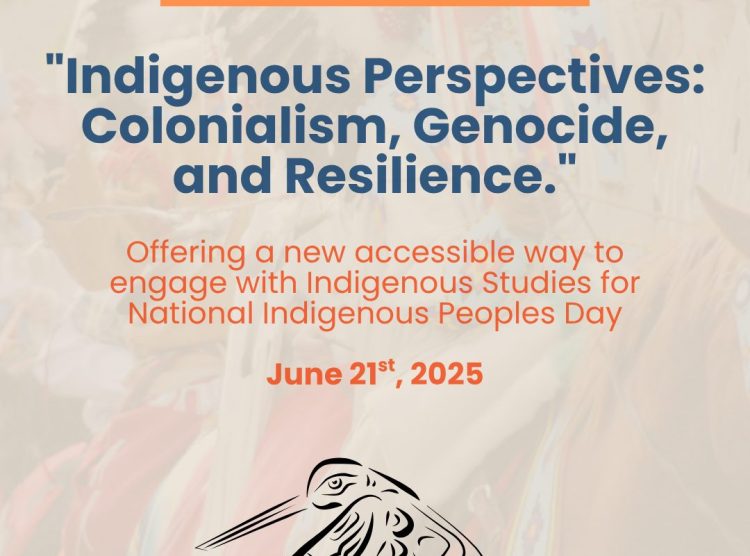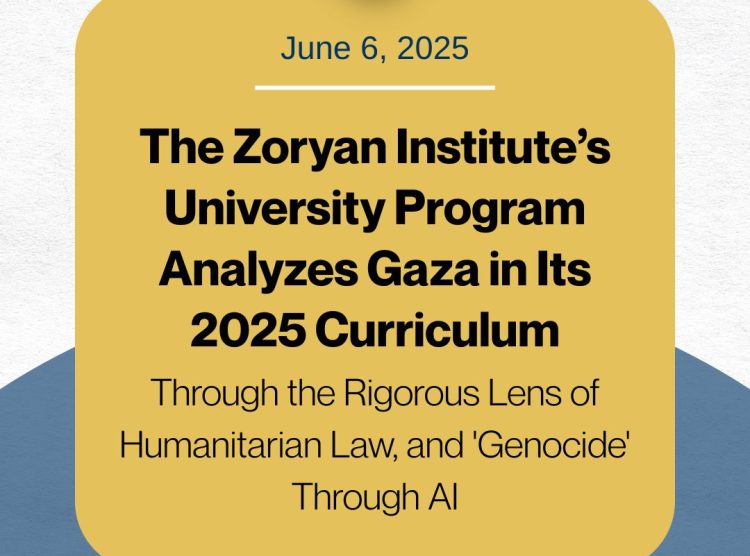Article
Available Now! Diaspora: A Journal of Transnational Studies 21.2
05 Oct 2021
Vol. 21, No. 2, Fall 2021 of the Zoryan Institute’s Diaspora: A Journal of Transnational Studies, is now available in print and online!
This volume features new articles, a reflection, and an interview, covering topics including the transnationalisation of Turkey and its communities abroad, changing diasporic communities and identities in the context of growing nationalism, and an exploration of how digitizing cultural productions could amplify the voices, culture, and identities of Arabs in the West.
Featuring:
Introduction – A State of Diasporas: The Transnationalisation of Turkey and its Communities Abroad by Chiara Maritato, Kerem Öktem, & Anna Zadrożna Read Here.
Islam, the Homeland, and the Family: The Diyanet’s Narrative and Practices to Shape a Loyal Muslim Turkish Diaspora by Chiara Maritato
The religion-nation-family nexus within the diasporic context can be utilized for the transnational spread of ethnic nationalism. This article explores how religious officers tied to the Presidency for Religious Affairs (Diyanet) are actively involved in fostering a religious-national discourse within Turkish diaspora communities and how they reinforce the connection between Islam, the Turkish nation, and the traditional Turkish family. The author contends that Diyanet officers are situated between religion and the state, and promote national loyalty among emigrants through spreading religious and moral values, and (ethno)national ideologies from Turkey to the diaspora. Read Here.
Home State Oriented Diaspora Organizations And The Making Of Partisan Citizens Abroad: Motivations, Discursive Frames, And Actions Towards Co-Opting The Turkish Diaspora In Europe by Bilge Yabanci
What motivates diasporas to support undemocratic rule in their countries of origin while enjoying democratic freedoms in their countries of settlement? This study seeks to answer this question by utilizing a meso-level approach and focusing on the case of the Turkish diasporic civic space in Europe. The diasporic civic space has recently been mobilized by a “home state-oriented diaspora organization” with political ties to the Justice and Development Party (AKP) to create a transnational support base for the party. Read Here.
Between Lifestyle Migration and Comfortable Exit Strategies: Turkish Golden Visa Investors in Greece by Gül Üret
This article examines the new phenomenon of affluent Turks investing in Greek real estate to obtain residence rights in Greece. In the aftermath of the 2016 failed coup-attempt in Turkey, motivated by a sense of social, political, and economic insecurity, and dismay with the policies of the authoritarian Justice and Development Party, Turkish nationals from all walks of life invested in Greek real estate through Greece’s Immigrant Investment Program to secure an exit strategy and safe haven for family and capital. Read Here.
Inclusion and Repression in Turkey’s Diaspora Policies in Kosovo as a Tool of Loyalty Building in Religious Circles by László Szerencsés
How has Turkey created societal influence in Kosovo since 2002? This article examines this topic, highlighting how inclusive and repressive state-led diaspora-related tactics in Kosovo have facilitated the expansion of the Turkish state’s reach. Through harnessing religion (Islam) in addition to existing ethnic bonds (Turkishness), Turkey has created a diaspora out of a much larger group of people, including non-Turkish Muslims. These tactics and expanded networks beyond Turkey’s borders may be integral to legitimizing semi-authoritarian and authoritarian state rule, however they have created divisions within the diaspora and placed tension on Turkey’s relations with the countries in which it asserts its authority. Read Here.
Reworking Race, Nation, and Diaspora on the Margins by Jamella N. Gow
As the world becomes increasingly globalized, there is increasing rhetoric of protectionist nationalism. In this article, the author suggests that race and nationalism inform the creation of diaspora, and that new modes of identity and resistance can emerge across shared experiences of exclusion on this basis. Examples from the Black diaspora are utilized to illuminate the fluidity of diasporic communities and how diasporic communities and identities are being made anew in the face of marginalization and as a political strategy to counter the rise of nationalism. Read Here.
A Fragmented and Polarized Diaspora: The Making of an Iranian Pluralist Consciousness in Malaysia by Navid Fozi
This article explores the factors influencing diasporic subjectivities of Iranians in Kuala Lumpur, Malaysia. The study specifically explores how subjectivities among Iranians in Malaysia are shaped by homeland and host country’s domestic policies and bilateral relations, international politics, and the Iranian global diaspora, and how these subjectivities shape fragmentation, polarization, and pluralization within the population. The author argues that Iranians’ diasporization, which rendered their fragmentation and polarization visible, further foregrounded a pluralist consciousness intimately informed by the diverse Malaysian context. Read Here.
Digital Archiving of Diasporic Cultural Productions and Transnational Citizenship of Arabs in the West by Melissa Finn, Eid Mohamed, & Bessma Momani
In this theoretical investigation, the authors explore how open-source digitized archives of cultural productions can promote agency-based claims of transnational citizenship. The authors suggest that diasporic cultural productions present Arabs in the West an opportunity to give voice to their identities and bring their culture to their host country, and that digitally archiving these productions on open-source platforms creates a platform for these works to be seen or heard in North American and European societies, thus facilitating cross-cultural exchange and recognition. Read Here.
Performing While Black: Disrupting Gender and Sexuality from Trinidad to Norway – The Artivism of Thomas Presto by Gladys M. Francis
In this article, cultural studies scholar Dr. Gladys M Francis, interviews artistic director and choreographer Thomas Prestø. Prestø speaks about his personal journey as a hyper visible Black boy growing up in a Norwegian region known as the hub for neo-Nazi groups, and how experiences he had as a child shaped his politics of arts when he founded the Tabanka Dance Company to promote “a sustainable Black identity”. Prestø links the body to identity, and presents how his work informs Black diaspora studies. Read Here.
More about Diaspora:
Diaspora: A Journal of Transnational Studies captures a world where borders are transgressed and elastic, boundaries are fractured and permeable, and identities are increasingly fluid and adaptable. The establishment of this journal in 1991 by the Zoryan Institute was a seminal moment in marking what has become the field of Diaspora Studies.
This year marks the journal’s 30th Anniversary, and it continues to be a leading voice in the field. The journal is continuously rethinking mobility, mobilization, and transnationalism, and reorienting traditional accounts of home, homeland, host state and diaspora in this ever-changing world. As an interdisciplinary journal, Diaspora welcomes the contributions of scholars from across the social sciences and humanities who share these intellectual concerns. Learn more about the history of the Diaspora journal and its continuing contribution to the field.
Diaspora is sponsored, owned and operated by the Zoryan Institute of Canada and of Cambridge, MA.
How to Subscribe to Diaspora:
Individual online subscriptions provide access to all online content for one year from the purchase date. Individual articles may also be purchased by navigating to the article’s full-text page and selecting a single article access option.
How to Submit to Diaspora:
Diaspora welcomes articles on all aspects of the topics with which it is concerned: diaspora and related forms of dispersion, transnationalism, nationalism, ethnicity, globalization, and postcoloniality. Reference the submission guidelines here.








